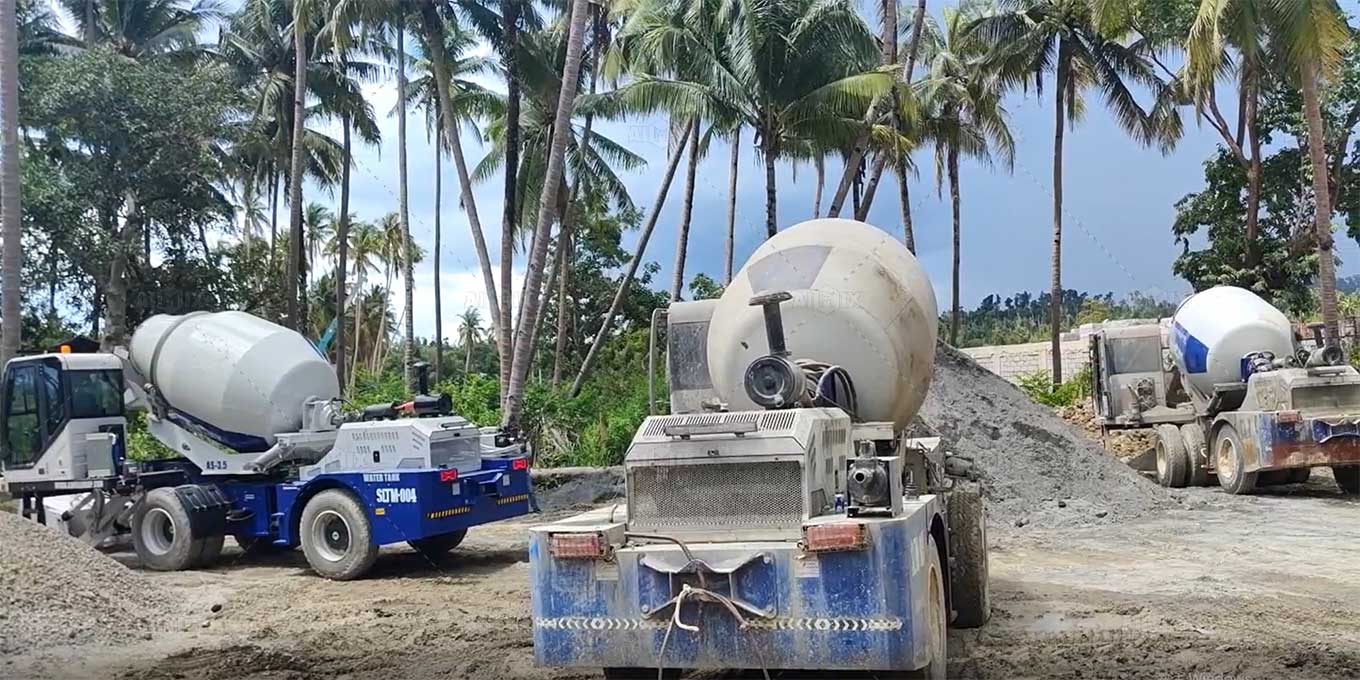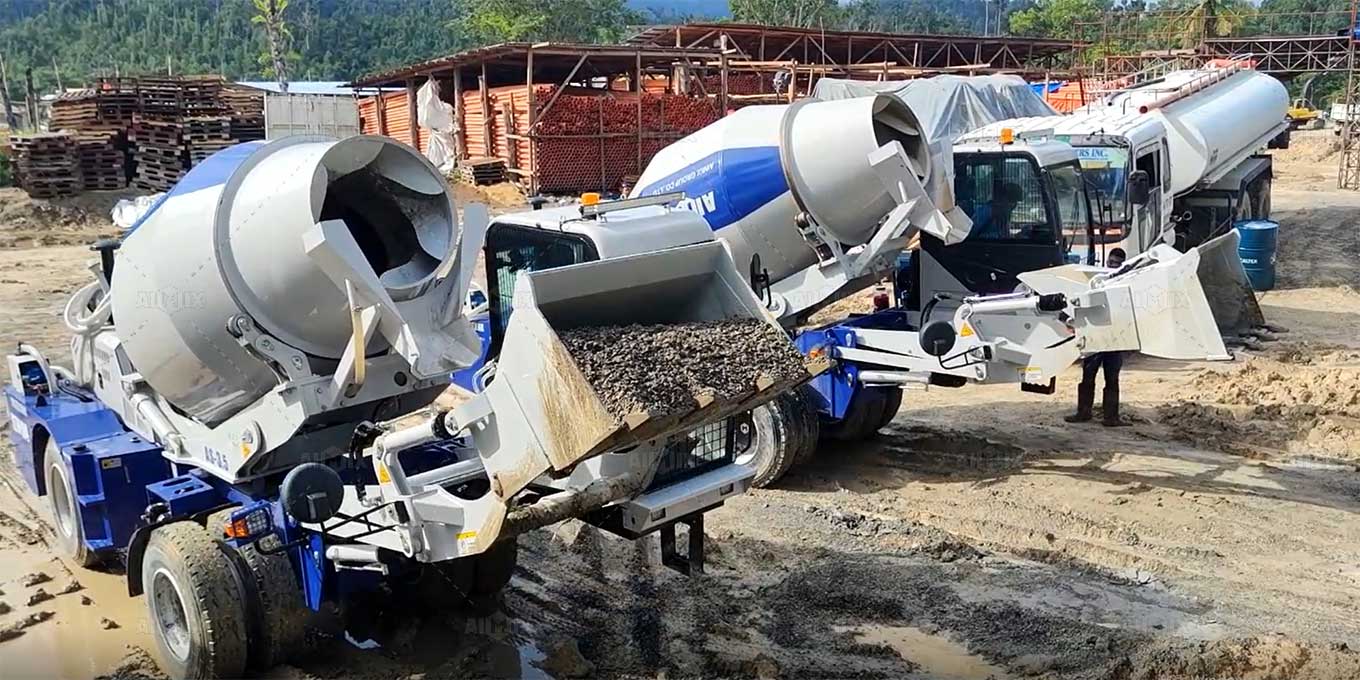Introducing innovation in the construction industry often sparks debates about the efficacy of new technologies. In this article, we explore the question of whether self-loading mixers have the potential to replace traditional concrete batching plants.
Understanding Self-Loading Mixers
Before delving into the comparison, it’s essential to grasp the functionality of self concrete mixer. These innovative machines integrate a loading shovel, a mixing drum, and a transport vehicle into a single unit. Their primary advantage lies in their ability to self-load aggregates, mix concrete, and transport it directly to the construction site.
Features and Capabilities
Self-loading mixers are equipped with advanced features such as automated loading systems, precise weighing mechanisms, and intuitive controls. Their versatility allows for on-site production of various self loading concrete mixers for sale, tailored to specific project requirements. Additionally, their compact size and maneuverability make them suitable for both urban and remote construction sites.

Benefits and Advantages
The adoption of self-loading mixers offers several benefits to construction companies. These include increased productivity due to reduced downtime for material transportation, cost savings from eliminating the need for additional loading equipment, and enhanced flexibility in responding to changing project demands. Moreover, self-loading mixers contribute to a more sustainable construction process by minimizing material wastage and reducing carbon emissions associated with transportation.
Evaluating the Role of Concrete Batching Plants
Concrete batching plants have long been the cornerstone of concrete production, providing a centralized facility for mixing and batching raw materials. However, advancements in technology and changes in construction practices have prompted a reassessment of their role in modern construction projects.
Traditional Functions and Operations
Concrete batching plants perform the essential functions of storing, weighing, batching, mixing, and dispensing concrete ingredients. They are designed to handle large volumes of concrete production efficiently and accurately, ensuring consistent quality and uniformity in the final product. Concrete batching plant sale offers precise control over mix proportions, making them suitable for projects with stringent performance specifications.

Challenges and Limitations
Despite their established role in the construction industry, concrete batching plants face certain challenges and limitations. These include high initial investment costs, extensive infrastructure requirements, and limited mobility. Additionally, batching plants may not be cost-effective for small to medium-sized projects or projects with frequent changes in location.
Exploring Integration and Coexistence
Rather than viewing self-loading mixers and concrete batching plants as direct competitors, it’s more productive to consider how these technologies can complement each other in the construction process. Learn more details here: https://aimixconcretesolution.com/.
Hybrid Solutions and Integration
Some construction companies are exploring hybrid solutions that combine the advantages of both self-loading mixers and concrete batching plants. By integrating self-loading mixers into batching plant operations, companies can capitalize on the mobility and efficiency of self-loading mixers while leveraging the precision and consistency of batching plants for large-scale production.
Project-Specific Considerations
The decision to use either a self-loading mixer or a concrete batching plant depends on various factors, including project size, location, duration, and budget. For smaller projects or projects with limited space and time constraints, self-loading mixers may offer a more practical and cost-effective solution. Conversely, batching plants remain indispensable for large-scale projects requiring high volumes of concrete and precise quality control.
In conclusion, while self-loading mixers have revolutionized on-site concrete production, they are not necessarily poised to replace concrete batching plants entirely. Instead, both technologies have their place in the construction industry, with each offering unique advantages and applications. By understanding the capabilities and limitations of self loading concrete mixer UK and concrete batching plants, construction companies can make informed decisions to optimize efficiency, productivity, and cost-effectiveness in their projects.